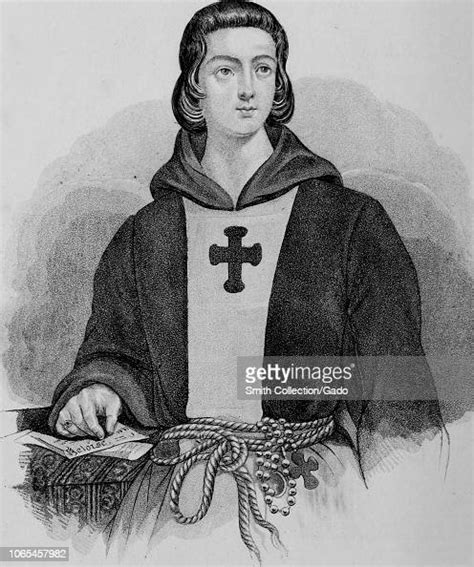A Quote by Benjamin Disraeli
It is the lot of man to suffer; it is also his fortune to forget. Oblivion and sorrow share our being, as darkness and light divide the course of time.
Related Quotes
What we do with Him now, we will be for all eternity. In His eternity He came to die our death and give us His eternity. His eternity requires no sun or moon or seasons or days. His is an eternal day without time. He is the Light. He is the source of all our needs. In Him is no darkness. As we have the light of the sun, we can also have the light of the Son. One provides for the natural, One for the spiritual.
For, the sense of being which in calm hours rises, we know not how, in the soul, is not diverse from things, from space, from light, from time, from man, but one with them, and proceeds obviously from the same source whence their life and being also proceed. We first share the life by which things exist, and afterwards see them as appearances in nature, and forget that we have shared their cause. Here is the fountain of action and of thought.
Once again you are wrong sir, darkness does not exist either. Darkness is in reality the absence of light. Light we can study, but not darkness. In fact we can use Newton's prism to break white light into many colors and study the various wavelengths of each color. You cannot measure darkness. A simple ray of light can break into a world of darkness and illuminate it. How can you know how dark a certain space is? You measure the amount of light present. Isn't this correct? Darkness is a term used by man to describe what happens when there is no light present.
It is a proverbial expression that every man is the maker of his own fortune, and we usually regard it as implying that every man by his folly or wisdom prepares good or evil for himself. But we may view it in another light, namely, that we may so accommodate ourselves to the dispositions of Providence as to be happy in our lot, whatever may be its privations.
Ought a man to be confident that he deserves his good fortune, and think much of himself when he has overcome a nation, or city, or empire; or does fortune give this as an example to the victor also of the uncertainty of human affairs, which never continue in one stay? For what time can there be for us mortals to feel confident, when our victories over others especially compel us to dread fortune, and while we are exulting, the reflection that the fatal day comes now to one, now to another, in regular succession, dashes our joy.
Faith is not a light which scatters all our darkness, but a lamp which guides our steps in the night and suffices for the journey. To those who suffer, God does not provide arguments which explain everything; rather, his response is that of an accompanying presence, a history of goodness which touches every story of suffering and opens up a ray of light.
We are not made up only of our light and happiness but also of darkness and sorrow. To deny the darkness of yourself is to deny half of who you are, and when you love, truly love, you need to love the whole person not just the part that smiles and waves, but the part that thinks murderous thoughts and knows that pain is both pleasure and temptation, but still thinks puppies are really cute.
Its more than a simple belief that there is good and that it should fight the evil in the world. It's a personification of Light and Darkness at their most elemental level, as forces that are so absorbed with themselves that one cannot exist without the other though they constantly try to consume one another. One of the earliest repersentations of Light and Darkness was of Light being a massive black bull and Darkness being an enormous white bull.
Alone thou goest forth, O Lord, in sacrifice to die; is this thy sorrow naught to us who pass unheeding by? Our sins, not thine, thou bearest, Lord; make us thy sorrow feel, till through our pity and our shame love answers love's appeal. This is earth's darkest hour, but thou dost light and life restore; then let all praise be given thee who livest evermore. Grant us with thee to suffer pain that, as we share this hour, thy cross may bring us to thy joy and resurrection power.



































